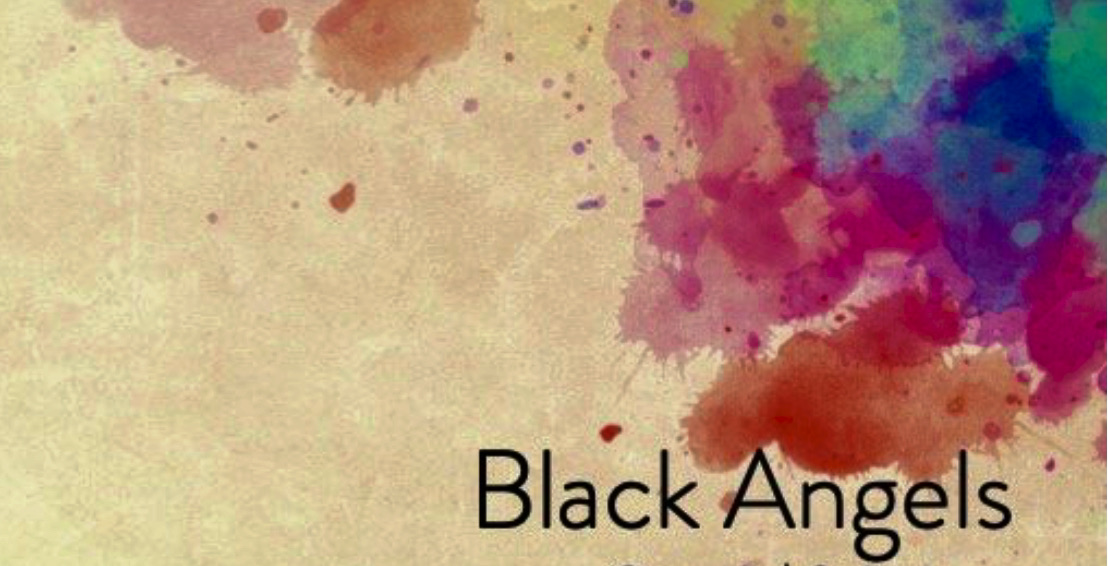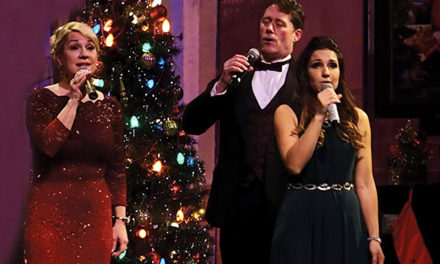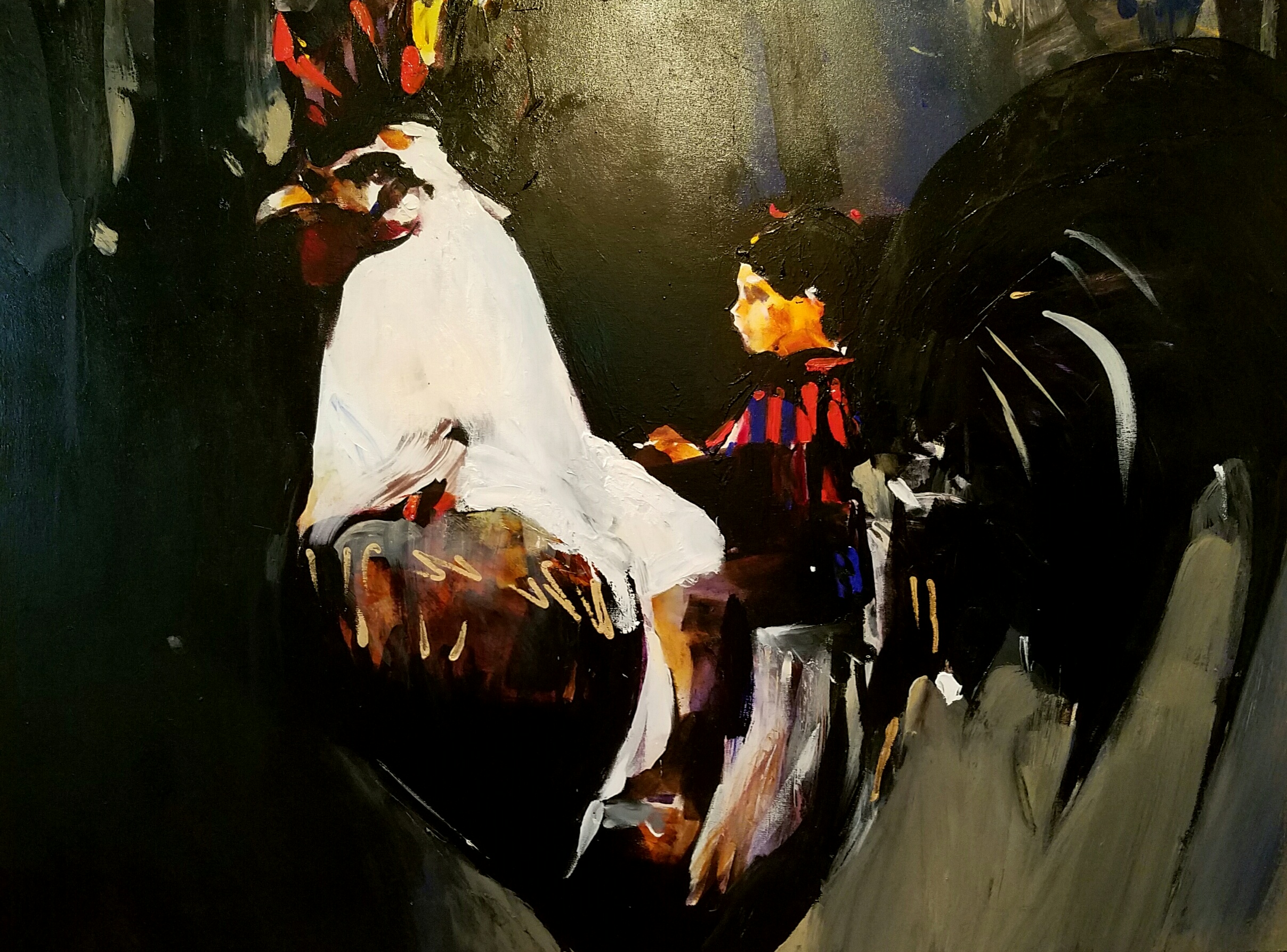By Daniel Buckwalter
Delgani String Quartet has always been known as an ensemble that will push the envelope with seldom-heard or premiere compositions, and the quartet has always made it work in an entertaining and thoughtful fashion.
They were back at it with flair on Jan. 29 and 31 for the Eugene portion of a five-concert series at the First Church of Christ, Scientist on Pearl Street. The other performances took place in Corvallis, Salem, and Portland.
Appreciative audiences saw the foursome — violinists Anthea Kreston and Jannie Wei, violist Kimberlee Uwate and cellist Eric Alterman — breathe fire into the late avant-garde composer George Crumb’s Black Angels: Thirteen Images from a Dark Land, an anti-war piece he composed in 1970 during the Vietnam War.
There also was the serene, sometimes sad and yet lovely String Quartet in D Minor (Death and the Maiden) by Franz Schubert, whose birthday, coincidently, was Jan. 31. The piece was composed in 1824, four years before his death, when Schubert already was having health problems.
Death and the Maiden is a gorgeous work that Delgani played with grace to its energetic, flourishing end. It was a pleasure to absorb.
It was Black Angels, however, that was the unique star of the concert, especially when you consider we are close to the one-year anniversary of another pointless war, Russia’s attack against Ukraine. Delgani played an excerpt of the Ukrainian hymn, Kontakion of the Departed, to open the concert, followed by a moment of silence.
If the hymn is a solemn farewell to the deceased, Crumb’s 13-movement score is a wild array of tense violence that is haunting and depressing, the hallmarks of war.
Incidentally, Crumb died almost exactly a year ago, on Feb. 6, 2022, at age 92.
It was the first time I had heard his Black Angels, but it is well known enough that David Wade, a Eugene attorney who protested the Vietnam War as a young man, recalled the initial time he heard the work in remarks to the audience before Tuesday’s performance and how powerful an impact it had on him.
I can see why. From the scratchy, sometimes screaming strings, to percussion instruments (gongs), softly spoken words, even the eerie sound of stringed bows on the rims of water glasses, Dark Angels perfectly captures both the foreboding quiet and loud tension of war.
During the performance, I was reminded of a television documentary I had seen years ago about the Vietnam War in which a veteran noted that to simply survive, he had to reduce the enemy to a racist caricature.
This was, the soldier explained, because he had to murder his fellow man in the name of country and his personal God, or else we would be killed by his fellow man who was plotting to do the same and for the same reasons. You never get over that, the soldier said.
In speaking to the audience, Wade used the word “pointless” to describe the waging of most wars, at the same time recognizing that throughout history, human beings seemingly have been unable to coexist peacefully with each other or to solve their differences without bloodshed and domination.
Crumb’s powerful composition perfectly captures that absurdity, and failure, of the species.
And if you were not able to attend any of the Black Angels concerts, I would encourage you to go to Delgani.org for a streamed version of the concert. Black Angels, in 13 quick and mesmerizing movements, is well worth absorbing.
And may we someday live in peace.












